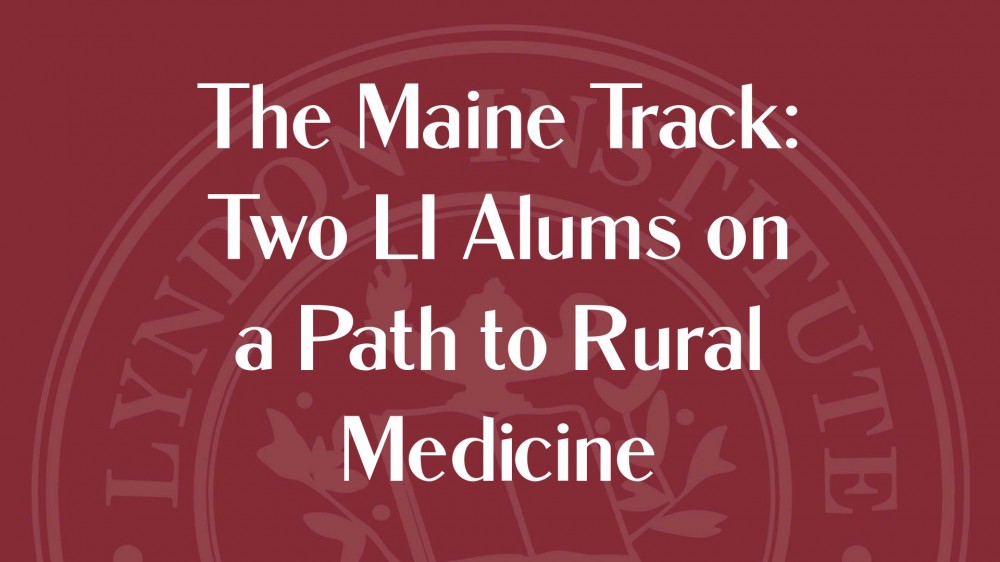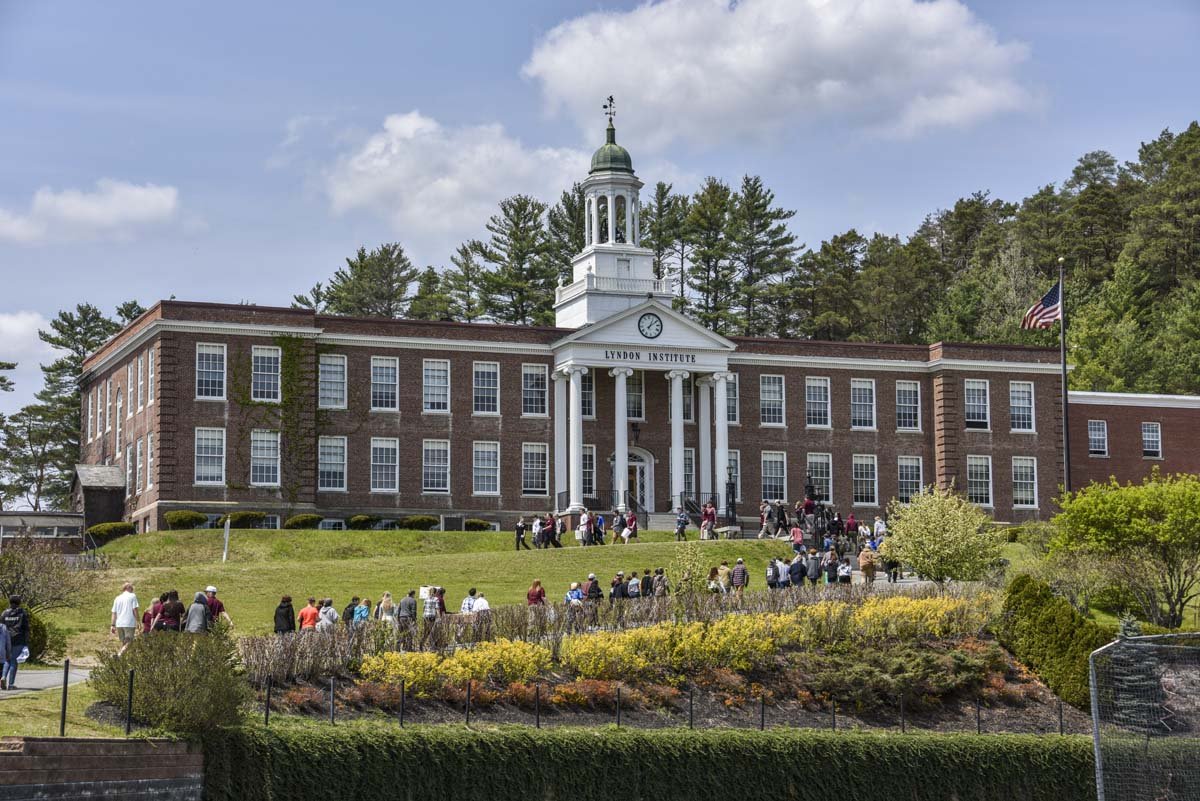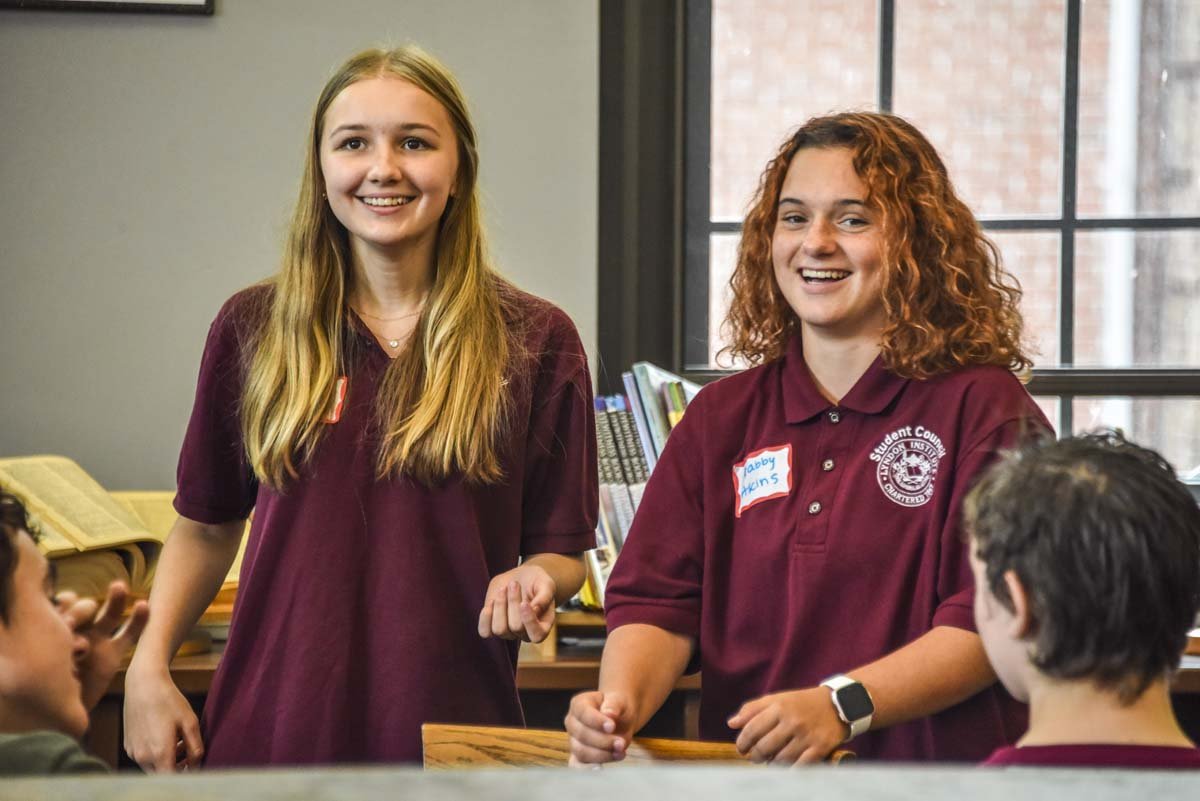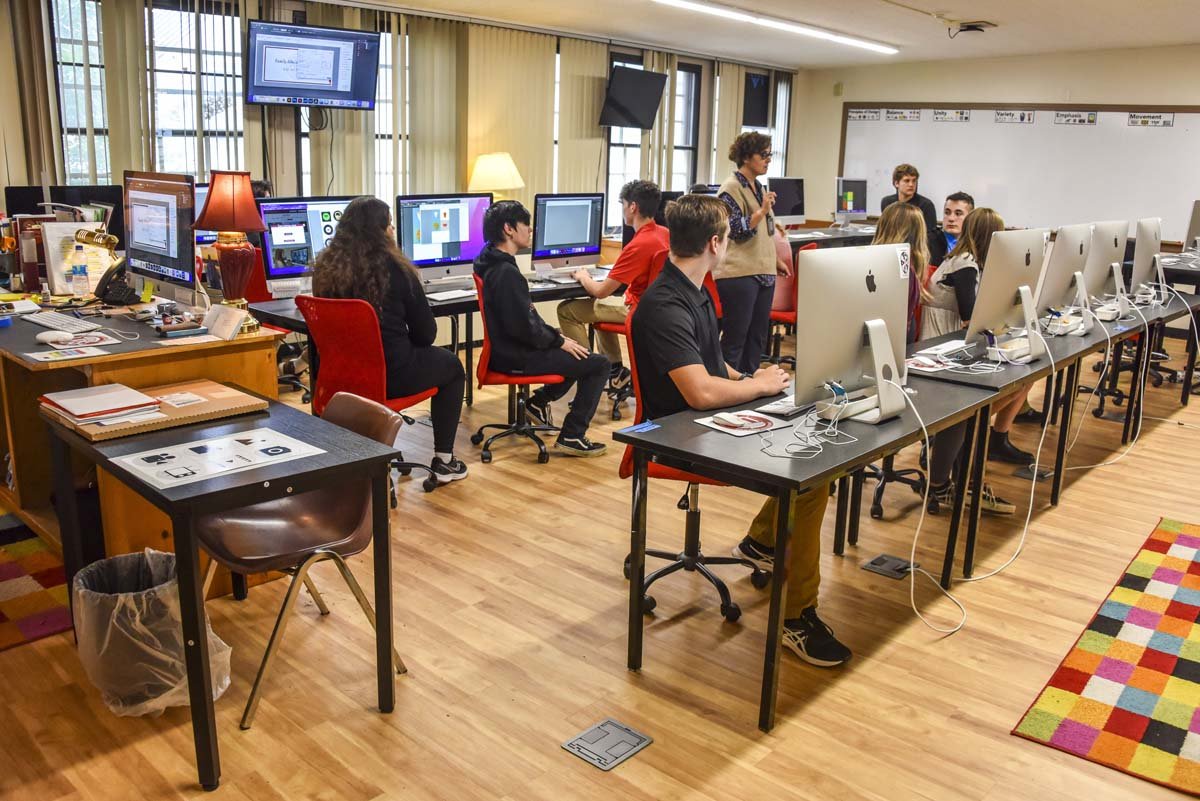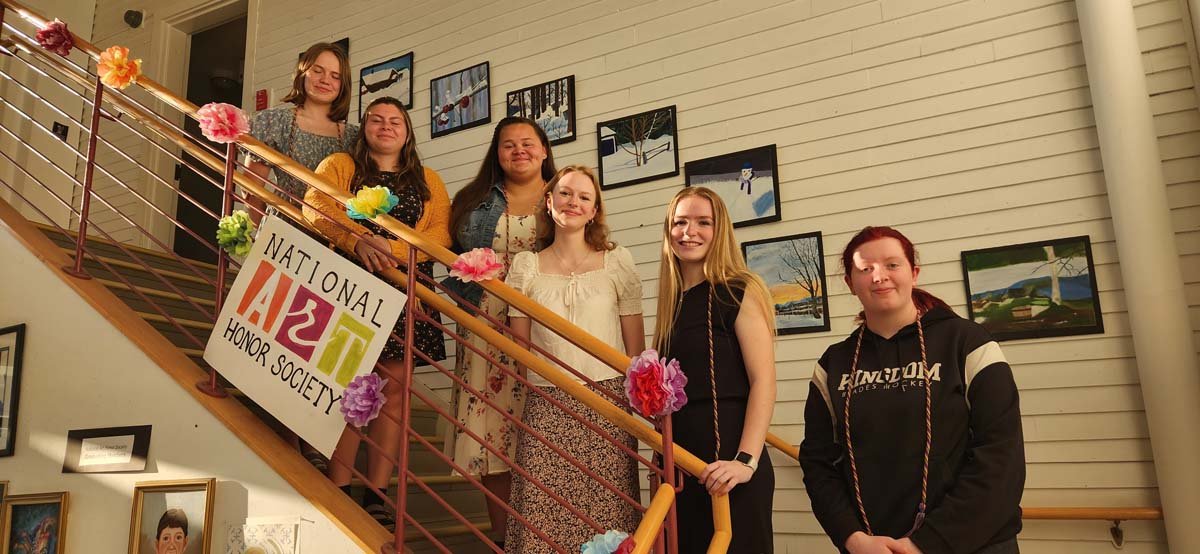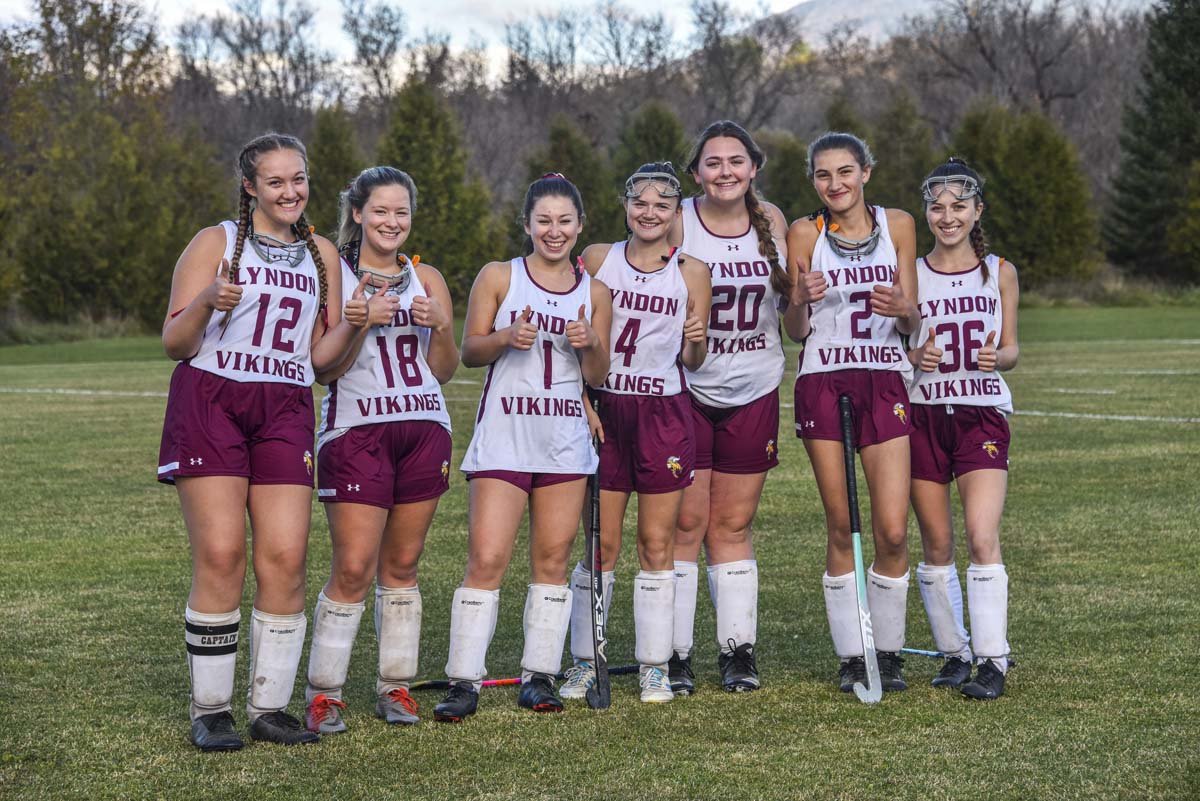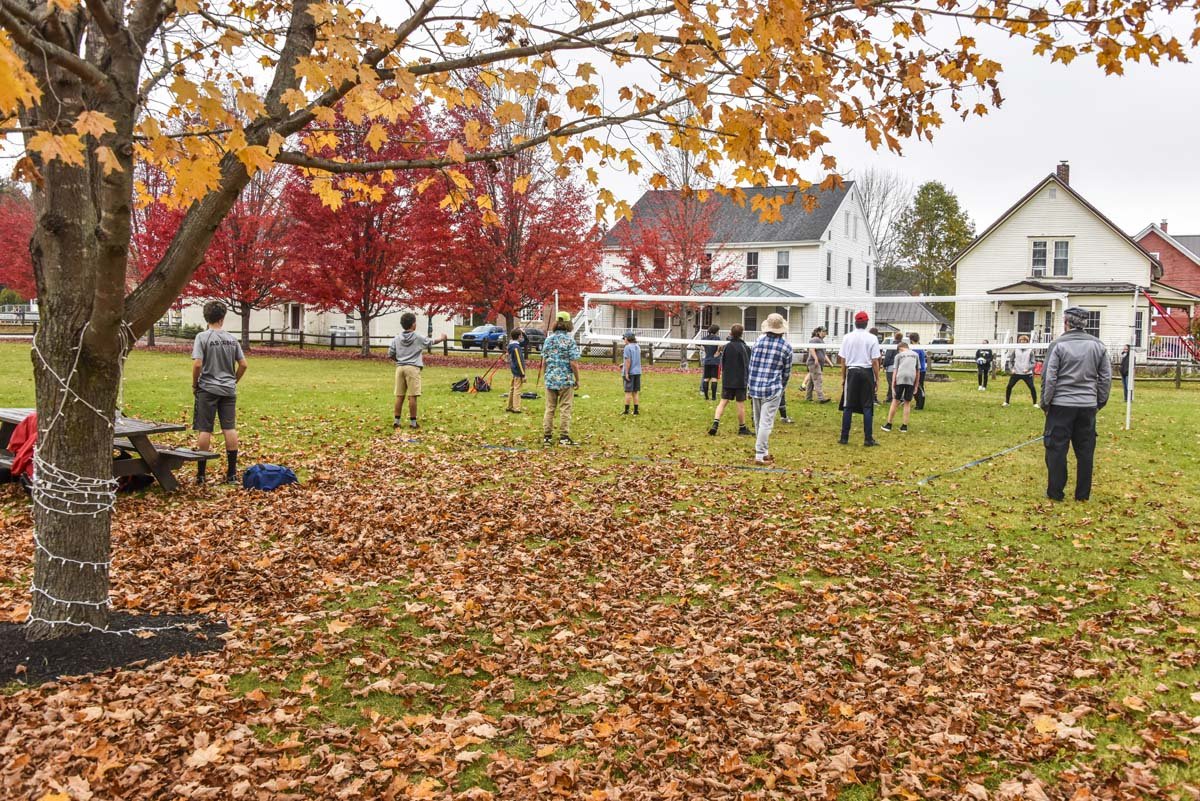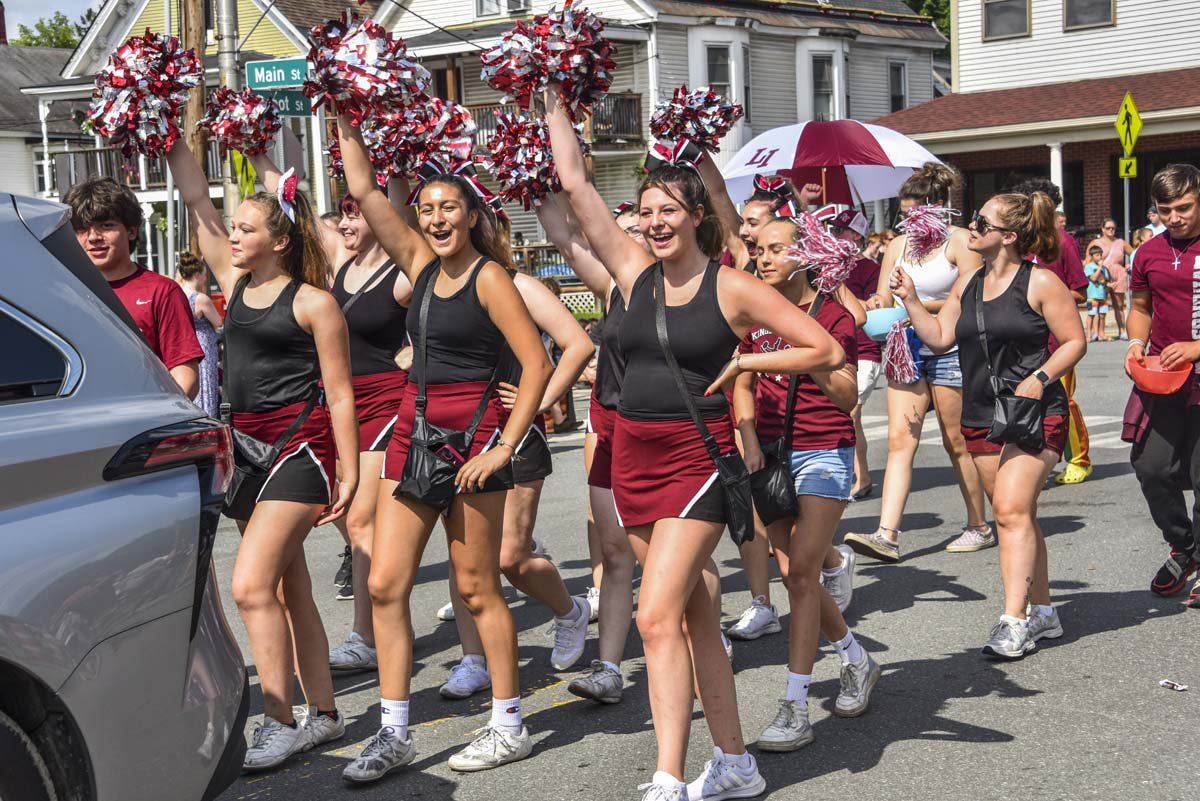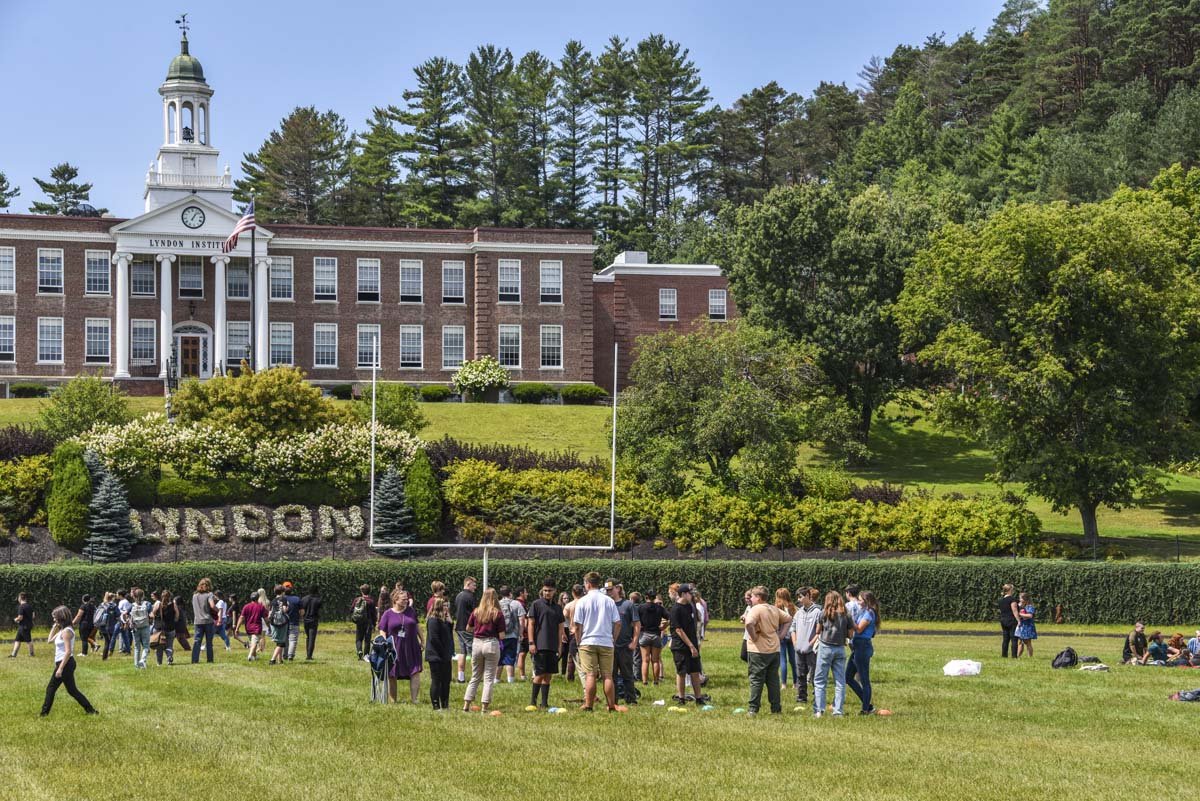- Our School
- Admissions
-
Academics
- Divisions and Faculty
- Commencement 2024
- January Term
- International Program (ESOL)
- College and Career Counseling
- Upward Bound
- Library/Monahan Academic Commons
- Career/Technical Education
- Lyndon Learning Collaborative
- Flexible Lyndon Institute Pathways (FLIP)
- Specialized Instruction
- Adult Continuing Education
- Lyndon Institute Course Catalog
- Student Services
- Arts
- Athletics
- Campus Life
- Support LI
- Alumni
« Back
The Maine Track: Two LI Alums on a Path to Rural Medicine
July 14th, 2021
By David Stahler Jr.
Lyndon Center, VT - We have a saying at Lyndon Institute: “You can get there from here,” a reverse play on the old Yankee adage. In both my time as a student and my twenty-four years of teaching English at LI, I’ve seen many classmates and students go on to illustrious careers and high achievements in all walks of life, from business and industry to the military and public service to the arts and sciences. As a teacher, it’s always gratifying to see my former students flourish in their endeavors, especially when it comes to serving communities in need.
So it was a special treat to catch up with two of LI’s recent star alums, Noah Manning ‘13 and Lizzy Vinton ‘15. Graduating two years apart, both distinguished themselves during their years at LI not only as academic powerhouses but as students deeply engaged in the life of their school--in student government, in athletics, and the arts. Both went on to highly selective New England colleges (Noah graduated from Dartmouth College in 2017, Lizzy from Middlebury College in 2019). And now, both find themselves enrolled in medical school at Tufts University in Boston.
But the connection goes even deeper, with both members of Tufts University School of Medicine’s “Maine Track” program, a path that isn’t surprising given their Northeast Kingdom roots.
“Our country is facing a shortage of doctors, and that’s especially true for rural areas like the one we all grew up in,” Noah told me.
This is where Tufts’s Maine Track program comes in. Recognizing the important need for skilled physicians in more remote areas of the country, Tufts developed Maine Track for medical students who are interested in pursuing a career in rural medicine. Though based in Boston, Tufts located this branch of their medical school in Portland, Maine—the largest New England state, but one with few major hospitals beyond Portland’s Maine Medical Center.
“The program was modeled after one created in Washington state, where rural doctors were in short supply throughout the Pacific Northwest and Alaska,” Noah said.
Through the four years of medical school, Maine Track students only spend the first year taking classes at Tufts in Boston. Year two brings them to Portland for classes. The third year begins their clinical training, where they can choose to be assigned to one of several rural hospitals in Maine before returning to the Maine Medical Center in Portland for their final year of clinical studies.
I asked Noah, who has just entered the third year of the program, why physicians would need separate, special training for serving rural areas. “Rural medicine is, in many ways, more challenging than working in an urban setting. In a city, specialists abound and are close at hand. But if you’re a doctor working in a remote, rural area, that kind of help may be hundreds of miles away. Rural doctors need to know how to practice a wider range of procedures, often at a moment’s notice. Getting that kind of training in medical school helps prepare you both physically and mentally for those kinds of challenges.”
For Lizzy, who is preparing to embark in her first year at Tufts after several years of work in a scientific lab and going through the arduous task of applying to medical school, understanding the importance of rural medicine was at the forefront of her decision to become a doctor.
“My mom is a nurse in the NEK, and I've spent a lot of time shadowing physicians at St. Johnsbury Pediatrics; in doing so, I've learned a lot about the challenges to, and importance of, accessing quality healthcare,” she said.
Lizzy is now considering specializing in pediatrics based in part on those experiences. And as if medical school weren’t enough, she will also be simultaneously pursuing a Masters in Public Health degree. “I see the studies of public health and medicine as inseparable,” she told me. “In the context of rural medicine, the major concern with public health is outreach. How can we, as physicians acting with the best interests of both the individual and the community in mind, make sure that everyone has access to a doctor? How can we encourage preventative care? How can we expand services such as telemedicine to cast a wider net of healthcare? And how can we develop trust between members of rural communities and the healthcare establishment? Studying public health will help give me the tools to address these questions and hopefully make a positive impact in whatever community I end up practicing.”
Of course, pursuing a career in medicine and public health takes on special salience during a once-in-a-lifetime pandemic. For both, COVID presented some special challenges over the last year.
“Attending classes online was definitely not ideal,” Noah commented. In addition to his medical studies, Noah has also been serving Tufts as a class curriculum representative, a role that’s allowed him to offer plenty of feedback on the experience as Tufts, like all schools, worked to overcome the difficulties of remote learning. “I’ve really enjoyed engaging with this aspect of higher education,” he said of his curriculum work. “I’d like to somehow make it part of my career.”
Applying to medical school can feel like a full-time job even in the best of times. As Lizzy found out, trying to do it during COVID was an even more daunting process. “We couldn’t tour schools or meet other applicants in person. Everyone applying this year had to conduct interviews over Zoom.” Even more stressful was the fact that medical schools saw a nearly 20% increase in applications during that past year due to the pandemic. Despite other acceptances, being accepted into the Tufts Maine Track program was an especially exciting opportunity. “I really wanted something small,” she said, something the program offers with its more exclusive cohort.
I asked Noah and Lizzy if they ever saw themselves practicing medicine back in the NEK. “Maybe!” both said with a smile. “That feels like a long way away at this point,” Noah said. With another year of clinical studies and several years of residency ahead, he isn’t quite sure where he’ll end up, but neither he nor Lizzy have ruled it out. “It will probably depend in part on where our partners want to live,” he added. Indeed, one of the challenges rural hospitals face in attracting doctors is more limited employment opportunities for physicians’ spouses.
In the meantime, both have maintained their local connections, particularly to Lyndon Institute. Both are corporators to the school, and before being accepted at Tufts, Noah served for several years as a trustee. And despite having been away for several years now, the lessons learned at LI still feel relevant.
“I actually recently emailed Bary Aldrich, my 10th grade Anatomy and Physiology teacher, to let him know how much of what I learned was still stuck in my brain when I got to Tufts,” Noah said, laughing. For Lizzy, her time in David Williams’s freshman biology class studying cellular level structure left a lasting impression. “But it was J-Term that made the biggest difference,” she said. “I was a senior the first year LI offered J-Term, and part of my J-Term experience was spending the afternoons job shadowing Dr. Stasny and Dr. Shepherd at St. J Pediatrics. Spending time with Drs. Stasny and Shepard really solidified my passion for medicine.”
Years of study and training still lie ahead for both Noah and Lizzy, but there is no doubt in my mind that with their incredible intelligence, compassion, and energy, both will make the kind of top-notch physicians rural communities like ours so desperately need. And whether or not they end up back in the Northeast Kingdom, they will always have the best of the Northeast Kingdom in them to help heal and connect with those lucky enough to be their patients.
Posted in the categories Front Page, Alumni.

